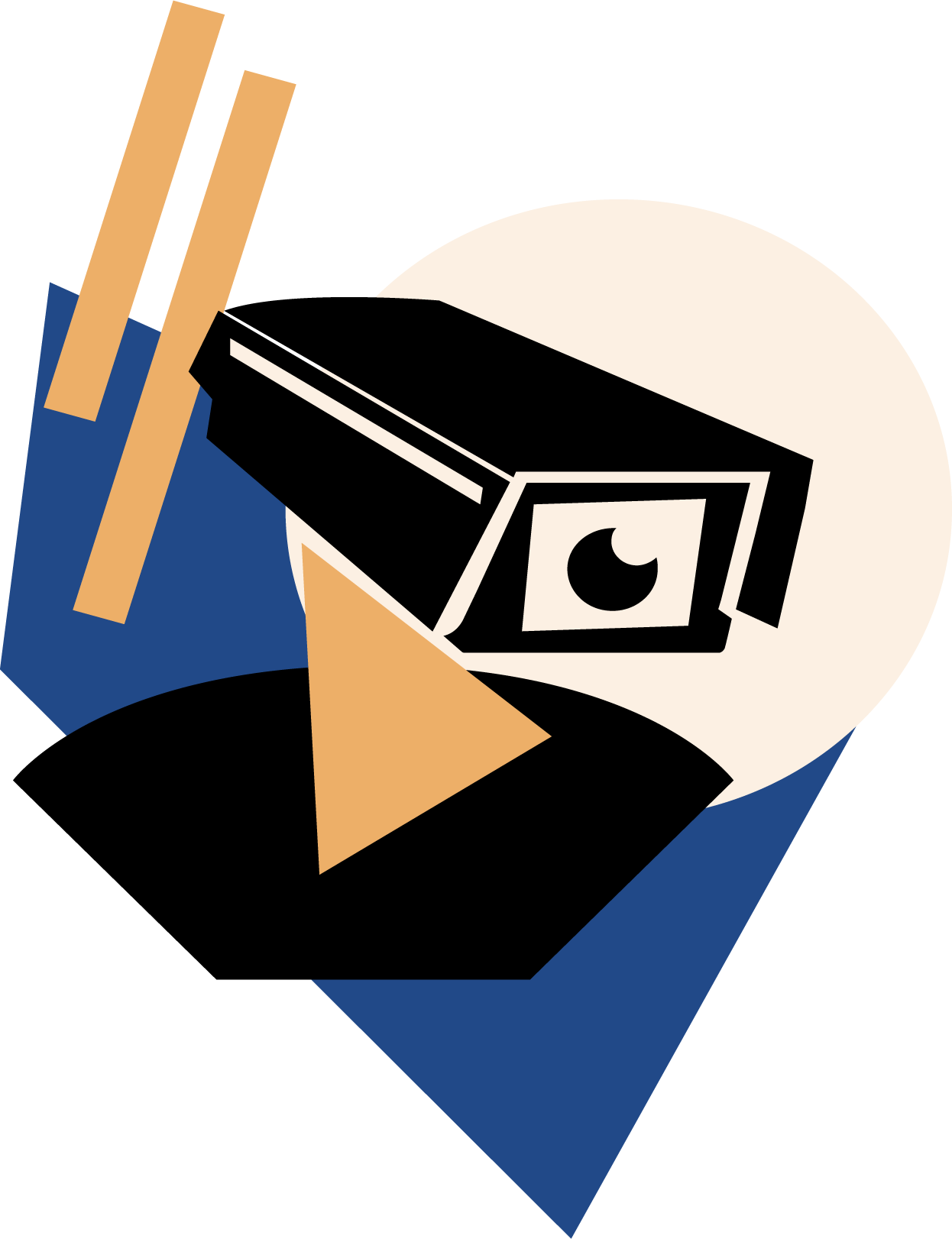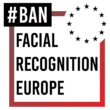Evidence shows why we need a law against biometric mass surveillance
You often hear:
“Facial recognition of whole populations? But that’s just in China. We’re democratic in the EU. It’ll never happen to us.”
Unfortunately, it is already happening. Read below a summary of the extensive evidence we’ve compiled, documenting the rapid spread of biometric mass surveillance in EU countries. The (only) good thing? We can still stop it.
In recent years, governments and private companies have pushed onto us surveillance technologies that collect and process unique, personal data about each of our bodies and behaviours while we go about our daily lives. We call this biometric mass surveillance.
Despite EU officials claiming that current laws prevent such things, it is clear that immense loopholes exist. These loopholes make it possible for biometric mass surveillance technologies that violate our human rights to nevertheless be deployed on all of us. The examples speak for themselves.
In Germany, the police experimented with biometric mass surveillance on people traveling through Berlin’s Südkreuz station, and surveilled G20 protesters in Hamburg. More, infamous facial recognition company ClearviewAI was proven to have illegally mass collected and used the faces of people living in Germany from the internet.
In Austria, police have been using face recognition software in a pilot phase since December 2019. Initially, the Ministry of the Interior stated that the matching of faces against their database would only be used to investigate serious crimes, such as bank robberies or murders. However, answers to parliamentary inquiries reveal a completely different picture. In 2020, the software was used for 931 criminal offences in ten months alone, including less serious offences. This corresponds to about three deployments per day. In August 2020, the system went into regular operation. Shortly after, in September, media reported that police used the system at demonstrations to identify protesters.

In Czechia, the police have bought Cogniware facial recognition software that can predict emotions and gender and according to Cogniware’s website, has the capacity to link every person with their financial information, phone data, the car one drives, workplace, work colleagues, who they meet, places they visit and what they buy. What’s more, the airport in the Prague capital is also doing extensive biometric monitoring of all people, without assessing the risks, as the law obliges.
Moving on to Italy, we were truly saddened to learn that the police in the city of Como hadsecretly installed biometric mass surveillance such as live facial recognition for the purpose of… detecting “loitering” and “trespassing”. The airport of Rome decided to use facial recognition for queue management. There’s more: the Italian police is planning to expand its facial recognition system to monitor the arrival of migrants and asylum seekers on the Italian coasts, just like it declared in the past that was willing to use facial recognition to monitor protesters. Non c’è modo, assolutamente no!
Not only does Greece share with Italy the same Mediterranean but also the same love of national authorities for mass facial recognition. The dystopian iBorderCTRL experiment is a so called “lie detector” that claims to tell lie from truth based on one’s facial expressions. What’s more, the Greek police were caught red-handed with a €4 million ‘Smart’ facial recognition contract revealed in 2020. Now, the Greek Data Protection Authority has started investigating the Greek Police for the unlawful storage and processing of Greek people’s biometric data in massive centralised databases.
In The Netherlands, companies have deployed biometric mass surveillance like live facial recognition in sports and entertainment venues, in retail/ supermarkets and on public transportation. Companies were so aggressive in the introduction of these surveillance methods that the Dutch Data Protection Authority had to remind companies that this practice is illegal. On top of this, the Dutch police included 1.3 million people in their facial recognition system, many of whom are innocent people who have never been charged for a crime.
Mais oui, France is no stranger to biometric mass surveillance. A Marseille highschool tried to deployed mass facial recognition against its school students. the French city of Nice also experimented with facial recognition on its streets. More, the French government pushed an enormous facial recognition database (TAJ) containing 19 million files and 8 millions images.
Chocolate, beer and mass facial recognition. We bet this won’t pass the test, but this could well be Belgium’s next promo tagline. Brussels’ Zaventeem airport was revealed to secretly spy on anyone walking around (yes, not for passport checks), collecting and processing our uniquely-identifiable face data.
Denmark, vi er ikke enig. Nej.The government managed to exploit the blind spots of EU laws and allowed biometric mass surveillance of football fans. The next step? The idea sold som varmt brød. Football Club Brøndby announced shortly that everyone’s face will be scanned to identify persons that have been banned from attending Brøndby IF football matches. The Danish Data Protection Authority approved the automated facial recognition plan.
In Slovenia, the police were observed using biometric mass surveillance. Biometric mass surveillance was also deployed to monitor protesters who were exercising their rights.
Sweden is also on the evidence map. The Swedish police were fined for unlawfully using Clearview AI (yes, them again). Furthermore, a Swedish school also deployed mass facial recognition to monitor school attendance.
In Poland and Serbia, we’ve seen yet more cases. A Polish school used biometric fingerprinting to manage school lunches while in Serbia we have witnessed massive deployments of facial recognition cameras on the streets of Belgrade.
The above are only some of the examples we are aware of. Can you imagine how many more secretive contracts and plans are in the making?
Funnily enough, we’ve heard from EU officials that they are considering exceptions that could allow biometric mass surveillance to be legally deployed. While we are ringing the alarm on existing cracks in the law, officials prefer to widen these cracks and legalise law flaws.
We ask for a law that solves the legal vacuum in EU law, currently exploited by companies and governments to push biometric mass surveillance on all of us.
The massive amount of evidence shows why we need a new law banning biometric mass surveillance all over the EU.
[note: This article was edited with an addition of the cases of biometric mass surveillance in Austria and with the position of the Danish DPA]



















































































3 Comments